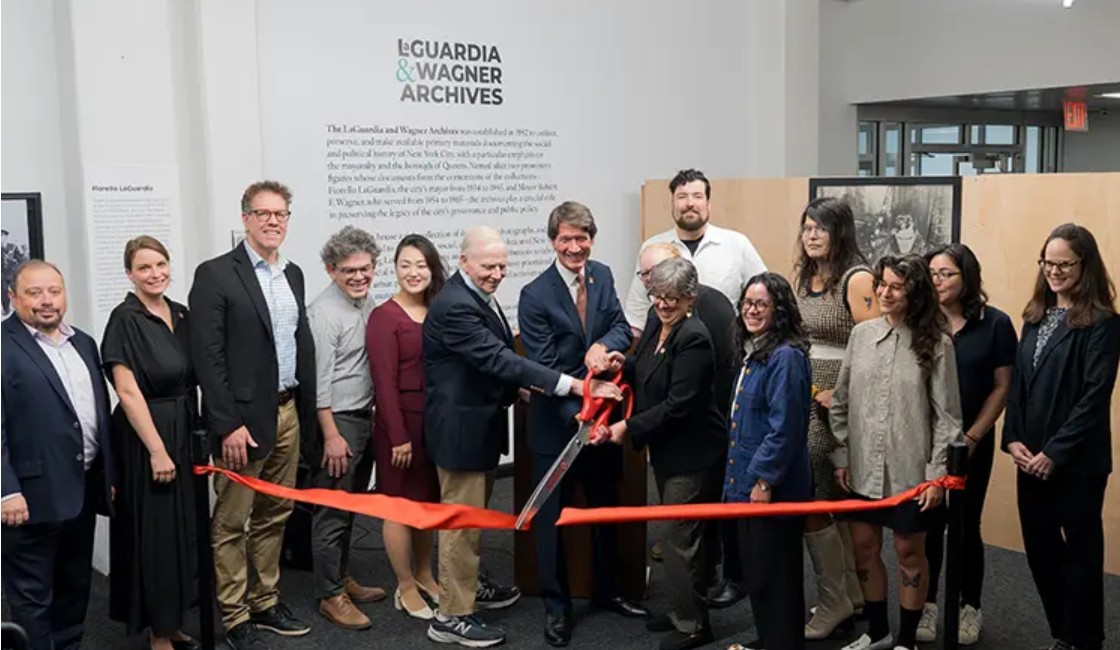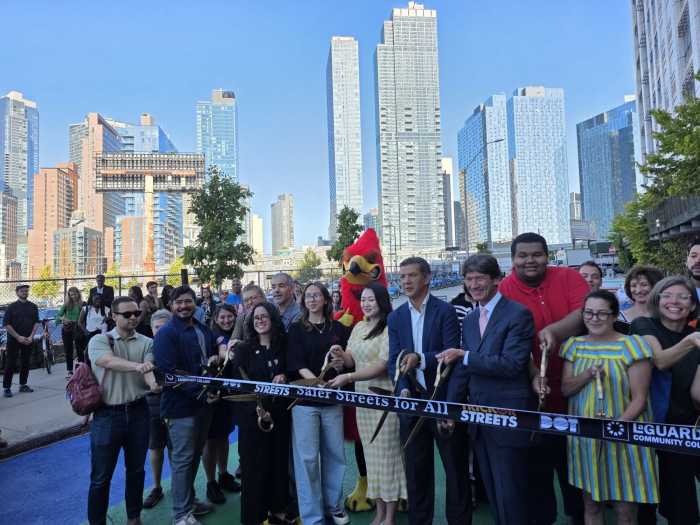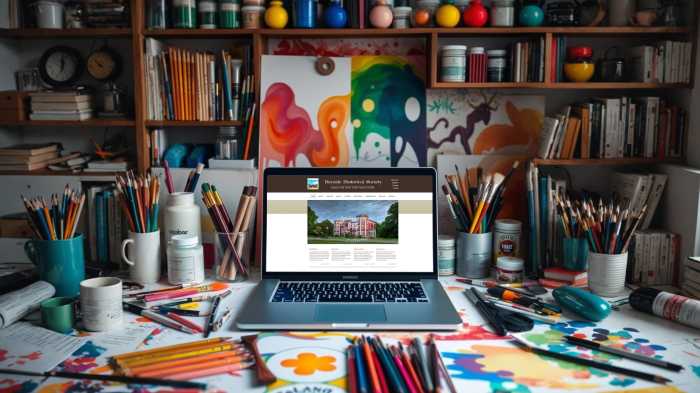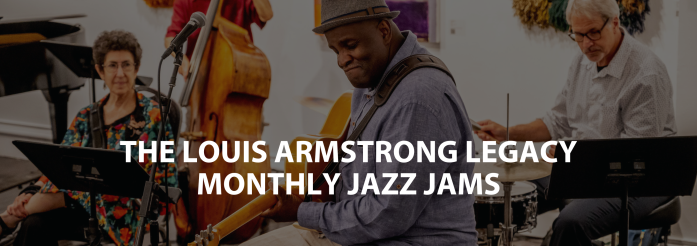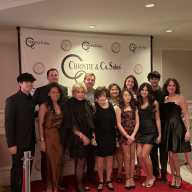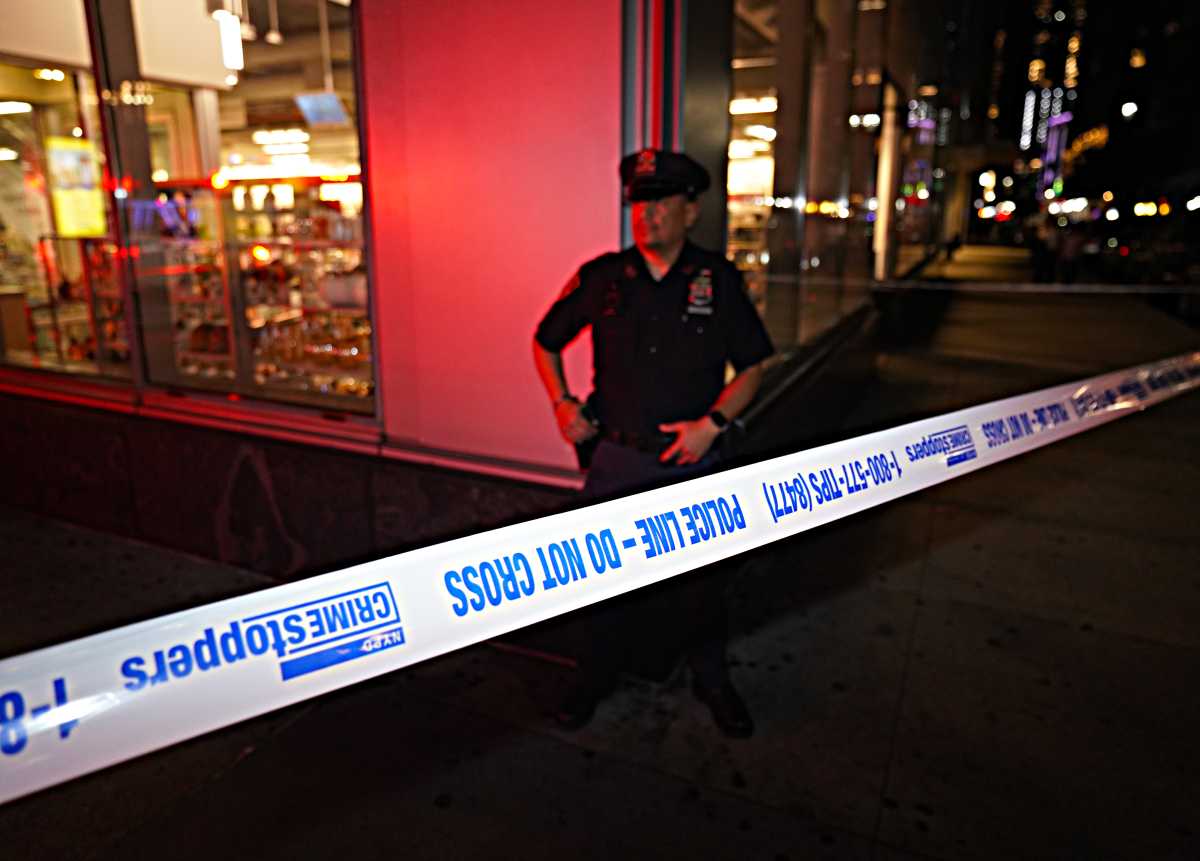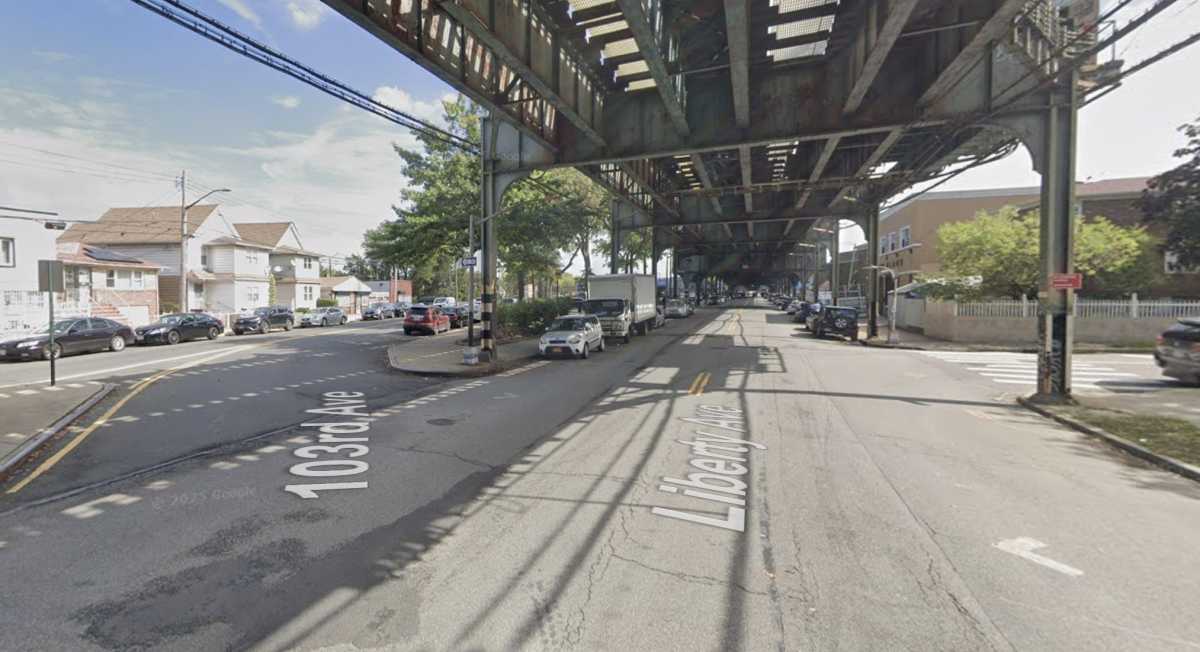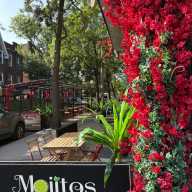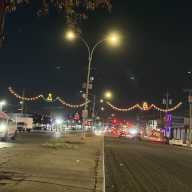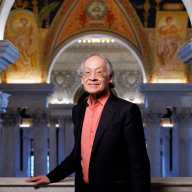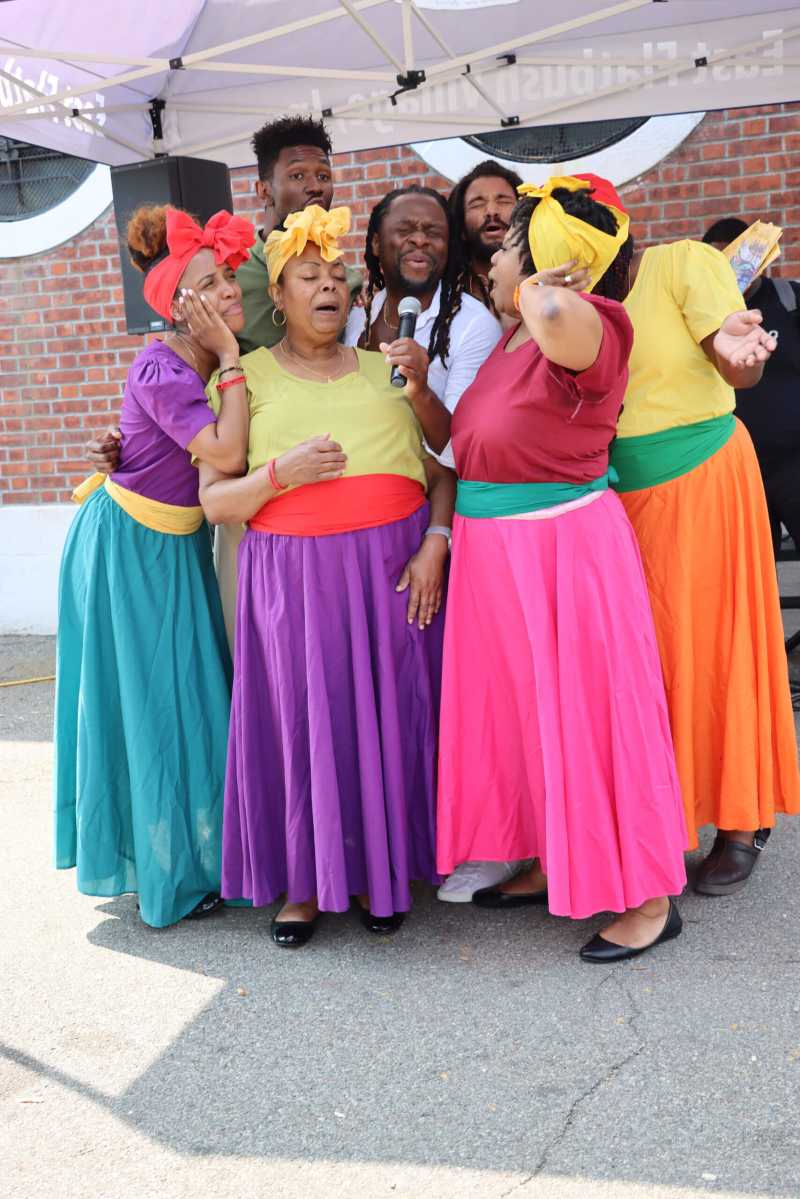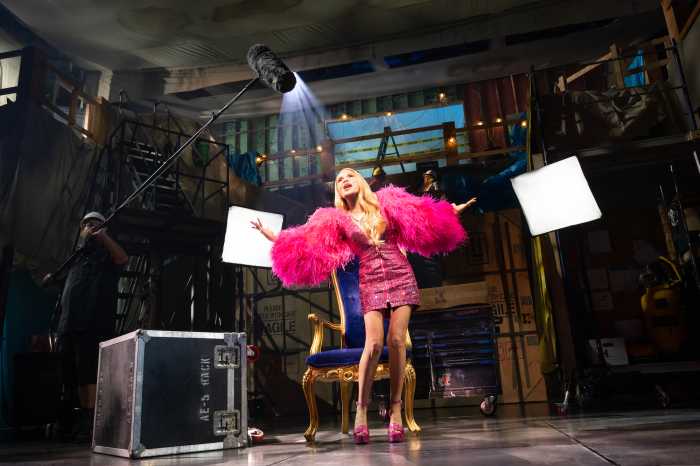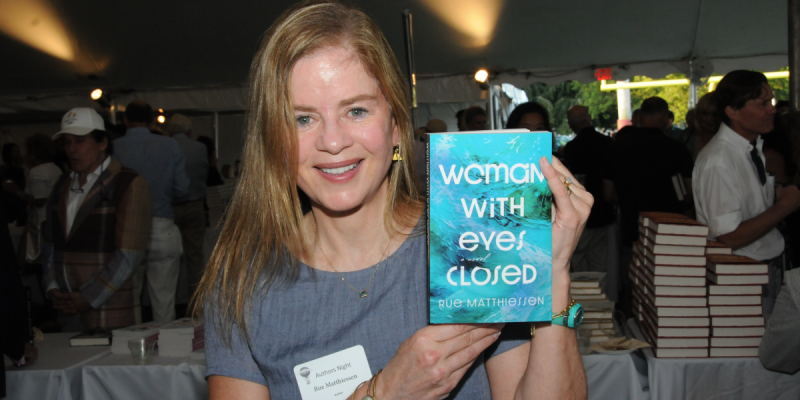LaGuardia Community College held a ribbon-cutting ceremony Oct. 15 to celebrate the grand opening of the new and improved LaGuardia and Wagner Archives, which feature more than 2 million documents illuminating the stories that have shaped New York City.
The newly-renovated and expanded archives, located on the 7th floor of LaGuardia’s Building C at 29-10 Thomson Ave. in Long Island City, feature a dedicated gallery, library, climate-controlled vaults and new classrooms designed to support hands-on learning with historical artifacts.
Founded in 1982, the archives are named after two of the most influential mayors in the history of New York City – Fiorella LaGuardia and Robert Wagner – and tell the stories that shaped New York City through more than 2 million documents and 100,000 digitized photographs, with an emphasis on the mayoralty and the borough of Queens.
The extensive collection chronicles the city’s governance, public policy and civic life, with collections focusing on the New York City Council, the New York City Housing Authority (NYCHA) and the Inner Circle – a yearly roast of the Mayor of New York written by a group of current and former journalists in the city.
LaGuardia Community College says the archives offer insight into the city’s evolving political and societal landscape, with recent additions focusing on journalism, urban planning and LGBTQIA+ activism.
Archive director Jennifer Jensen described the new and improved space as a “transformative moment” for the archives, stating that the renovated space would encourage more students at the college to access the material directly.
“With expanded facilities and dedicated classrooms, we’re not only preserving New York City’s history—we’re empowering students to engage with it directly,” Jensen said in a statement. “Our collections are living resources, and we’re excited to see how the next generation will use them to tell the city’s stories.”
Kenneth Adams, president of LaGuardia Community College, said the archives have served researchers, journalists, scholars and policymakers for the past 43 years.
“The Archives is a reflection not only of our commitment as a college to preserving local history, but it provides students with access to primary sources related to urban studies, public policy, local history and community engagement,” Adams said in a statement.
He said the new space enhances the college’s academic programs and also supports student research, public programming and internships by providing access to oral history, photography and writing.
Council Member Julie Won said her office often uses the archives as a resource for local community issues, referencing her office’s recent efforts to reopen Queensbridge Baby Park, an extensive play space for children that opened alongside Queensbridge Houses in 1939.
Won said the archives offered proof of what the park used to look like, allowing her office to advocate for its restoration.
“Without the Archives, we would not have had proof to show what Queensbridge Baby Park used to be, and to advocate for its restoration,” Won said in a statement. “In a time when so much news is shared on social media, we still need to have the hard paper copies, as well as digital archives, to save our memories, to say when there is something that is being wronged and it’s never too late to go back to what used to be.”
Assembly Member Claire Valdez described the archives as an “incredible archive of New York City.”
“Looking at the pictures of Mayor LaGuardia, a true champion for labor and for immigrants, and remembering the policies he helped establish, like free CUNY for all New York residents, is incredibly empowering. There’s so much rich text here for us all to learn from,” Valdez said in a statement.

